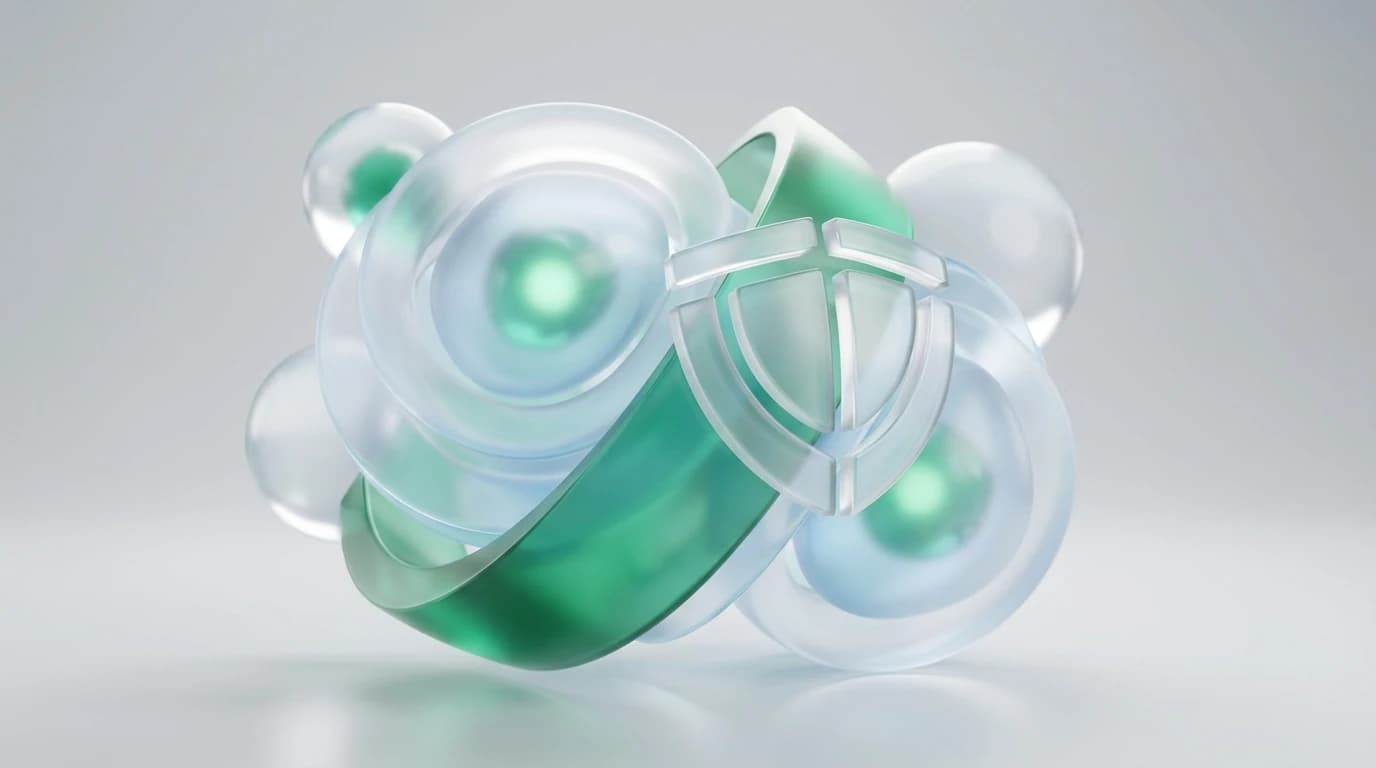Brain's Twin Troubles: Scientists Uncover Shared Roots of Post-Stroke Pain and Depression
Source PublicationPain and Therapy
Primary AuthorsJin, Wu, Jin et al.

Following a stroke, survivors often face a challenging recovery, and two of the most profound complications are chronic pain and depression. These conditions frequently appear together, affecting between 34% and 65.6% of patients. A new systematic review has delved into why this is, concluding that post-stroke pain (PSP) and post-stroke depression (PSD) are not two separate problems but two branches of the same underlying issue.
The research points to shared neurobiological roots. A key driver is neuroinflammation, where the brain’s immune response goes awry, involving hyperactive support cells called microglia and astrocytes. This process, along with the release of inflammatory molecules and the maladaptive remodelling of crucial brain circuits—particularly those connecting emotion and pain centres like the amygdala and anterior cingulate cortex—fuels both conditions.
Encouragingly, certain treatments already show promise for this dual burden. Therapies like SNRI antidepressants and neuromodulation techniques such as repetitive transcranial magnetic stimulation (rTMS) appear effective for both pain and depression, likely by calming inflammation and recalibrating these faulty circuits. This points towards a future of integrated treatments targeting the core shared pathways, offering new hope for recovery.